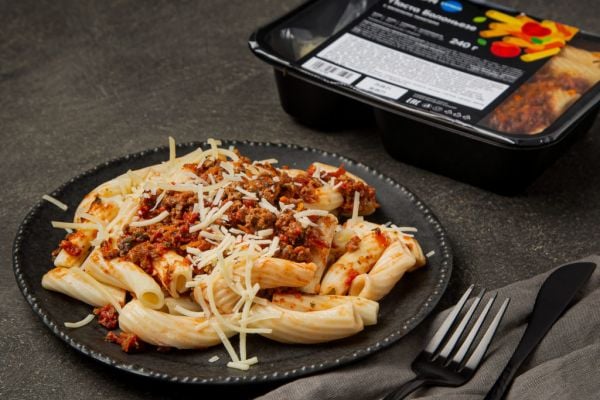Ready-to-eat meals have become a staple for many due to their convenience, especially in fast-paced environments like Singapore. While these meals save time and effort, there are hidden risks that most people do not consider. This article will explore the potential dangers of ready-to-eat meals, focusing on food safety, nutritional concerns, and the role of OEM food manufacturers in Singapore.
1. Misleading Nutritional Information
One of the most overlooked risks associated with ready-to-eat meals is misleading or unclear nutritional information. Many assume that the labels on these meals are accurate, but this is not always the case. In some instances, the calorie count, sugar content, or sodium levels may be underreported.
OEM food manufacturers in Singapore work hard to maintain transparency, but inconsistencies can occur, especially with smaller or less regulated companies. Consumers must be vigilant, carefully reading labels and cross-checking them against known nutritional guidelines to ensure they aren’t consuming excessive amounts of unhealthy ingredients like salt or sugar.
2. Hidden Additives and Preservatives
Ready-to-eat meals are often packed with additives and preservatives to extend shelf life. While these ingredients are generally approved for consumption, long-term exposure to preservatives can pose health risks. Some additives may contribute to allergies, gastrointestinal issues, or other health complications.
Though OEM food manufacturers in Singapore strive to use minimal additives, it’s critical to be aware of what’s in the food you’re eating. Checking ingredient lists for artificial preservatives and other unfamiliar compounds can help you avoid these hidden risks.
3. Potential for Contamination
Another hidden risk of ready-to-eat meals in Singapore is the potential for contamination during production, packaging, or storage. Even with stringent food safety regulations in place, contamination can still occur. It might involve bacteria like salmonella or listeria, which can cause food poisoning.
While many OEM food manufacturers in Singapore adhere to high hygiene standards, the handling and transportation of ready-to-eat meals can still introduce risks. Proper storage at recommended temperatures and paying attention to expiry dates can help mitigate this issue. Always ensure the product packaging is intact and hasn’t been compromised before consumption.

4. Loss of Nutritional Value
While ready-to-eat meals offer convenience, they may lose some of their nutritional value during processing and packaging. For example, vitamins and minerals can degrade when food is exposed to heat, light, or prolonged storage. It is concerning for meals that are meant to provide essential nutrients for a balanced diet.
OEM food manufacturers in Singapore use advanced techniques to preserve the nutritional content of their ready-to-eat meals, but consumers should still be cautious. Supplementing ready-to-eat meals with fresh fruits and vegetables is an easy way to ensure you’re getting enough essential nutrients.
5. Overreliance on Ready-to-Eat Meals
Convenience often comes at a cost. Overreliance on ready-to-eat meals can lead to a poor diet, lacking variety and fresh ingredients. While these meals are perfect for the occasional busy day, frequently consuming them can result in an unbalanced diet that may contribute to long-term health issues such as weight gain, high cholesterol, or nutrient deficiencies.
In Singapore, many OEM food manufacturers are responding to this concern by offering healthier alternatives and expanding their range of ready-to-eat meals to include more balanced options. However, it’s still crucial for consumers to incorporate fresh, homemade meals into their routine for better overall health.
6. Environmental Impact of Packaging
An often-overlooked risk associated with ready-to-eat meals is their environmental footprint. The packaging used in these meals, especially single-use plastics, contributes to the growing issue of waste disposal. In Singapore, where sustainability is a growing concern, the environmental impact of these convenient meals cannot be ignored.
Conclusion
While ready-to-eat meals provide much-needed convenience for modern living, they come with hidden risks that shouldn’t be ignored. From misleading nutritional labels to the potential for contamination and environmental concerns, being aware of these issues can help you make informed choices.
For more information about ready-to-eat meal solutions, contact Taste Asia today.

